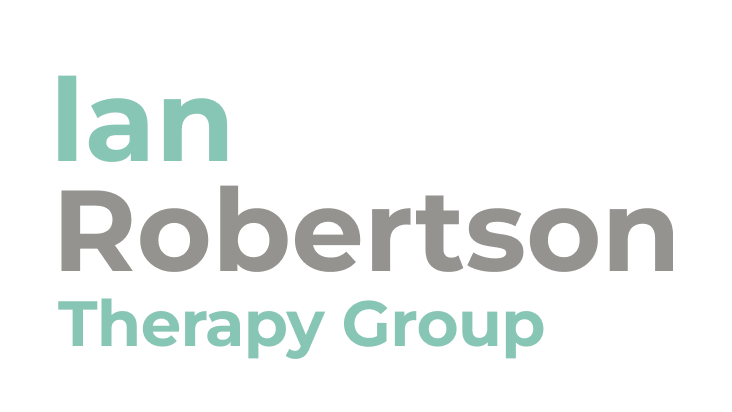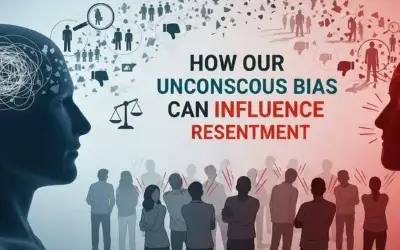
For many people, work is more than a paycheck. It plays a central role in self-worth, structure, purpose, and personal identity. But when your job feels draining, unfulfilling, or toxic, it can take a serious toll on your emotional well-being.
At Ian Robertson Clinical Training, we work with individuals who feel trapped in jobs that leave them stressed, anxious, or depleted. This post explores the connection between job dissatisfaction and mental health and offers a path toward change, especially if you feel stuck.
Whether you are dealing with burnout, low motivation, or fear around making a change, this blog will help you reflect, gain clarity, and consider supportive next steps.
The Mental Health Cost of a Job You Hate
Research shows that the emotional impact of job dissatisfaction runs deep. According to Faragher and Cooper, nearly 500 studies confirm a strong relationship between job satisfaction and both mental and physical health. Mental health effects are especially prominent, including burnout, lowered self-esteem, anxiety, and depression are common when a job consistently leaves a person feeling undervalued or unsupported.
In fact, a study by the University of Manchester found that having a bad job can be worse for your mental health than being unemployed. Adults who moved into poor-quality work experienced higher levels of chronic stress compared to those who remained unemployed.
Similarly, Business News Daily reports that employees who stay at jobs out of obligation or fear often experience more exhaustion, stress, and emotional burnout. Over time, this leads to symptoms like anxiety, depression, irritability, and chronic fatigue.
If you feel emotionally drained at the end of each day, struggle with motivation, or dread Mondays, it may be a sign that your work is affecting your mental health.
Link opportunity #1
For additional support, consider connecting with Ian through his individual counselling services for workplace stress and emotional well-being.
Why Do We Stay Stuck?
Many people stay in unhealthy work environments not because they want to, but because they feel they have to. Fear of change, financial instability, self-doubt, or feelings of guilt can keep people in place, even when the cost is high.
Common reasons people stay include:
- Fear of losing income or benefits
- Low confidence in finding something better
- Loyalty to colleagues or clients
- Guilt around leaving during a difficult time
- Anxiety about change, relocation, or the unknown
But staying in a job that regularly drains your energy and affects your mood can have lasting consequences on your mental health, your relationships, and your overall quality of life.
If this resonates with you, read our post on Why Am I Not Happy to explore how emotional suffering shows up in everyday life and what you can do about it.
How To Get Unstuck
Change is not always easy, but it is possible, and it starts with small, intentional steps. Here are several strategies to help you get unstuck and start moving toward meaningful work that supports your health:
- Speak with a therapist or EAP counsellor to explore inner fears and build a plan
- Recognize your value as both a person and an employee
- Seek out workplaces where leadership truly supports and respects staff
- Explore job boards like Indeed or Workopolis to see what opportunities are out there
- Meet with an employment counsellor for support with job matching
- Consider online courses or free training to build new skills
- Network with peers, friends, or former colleagues for job referrals
- Research government funding or grants for professional development
- Explore remote work opportunities if in-person roles feel limiting
- Most importantly, choose your health and happiness as priorities
For guidance through this process, visit our contact page and let us know how we can support you in moving forward.
Conclusion
If you are feeling stuck in a job that drains you, you are not alone, and you are not imagining the toll it takes. The science is clear: toxic or unfulfilling work can cause real harm to your mental and emotional health.
The good news is that change is possible. With the right support, self-awareness, and small steps, you can move toward a work life that feels more meaningful, energizing, and sustainable.
Be Well
Ian











